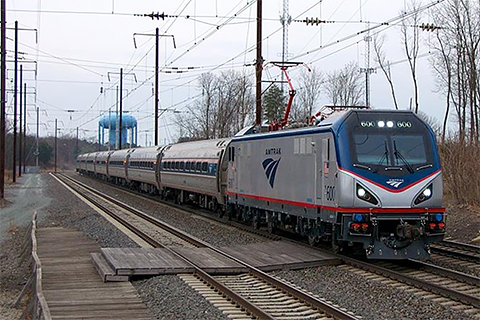
Hay un gran potencial para que las acciones colectivas de muchos individuos en todo el mundo reduzcan el calentamiento global mediante la realización de cambios en actividades diarias y anuales que producen gases y aerosoles que atrapan el calor.
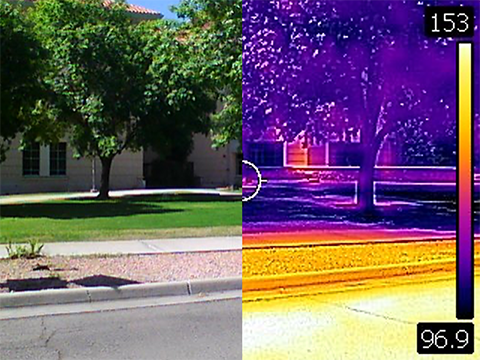
Join three heat experts to talk about how we map, monitor, and lessen the impacts of urban heat islands.
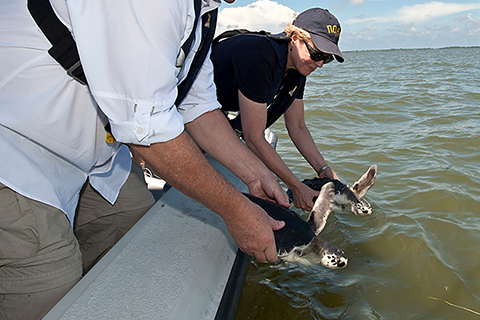
Former NOAA administrator Jane Lubchenco discusses her family's history of women in science, the importance of mentorship, her solution to achieving work-life balance, and how citizen science can help foster trust between scientists and stakeholders.

There is great potential for the collective actions of many individuals worldwide to reduce global warming by making changes in their daily and annual activities that produce heat-trapping gases and aerosols.
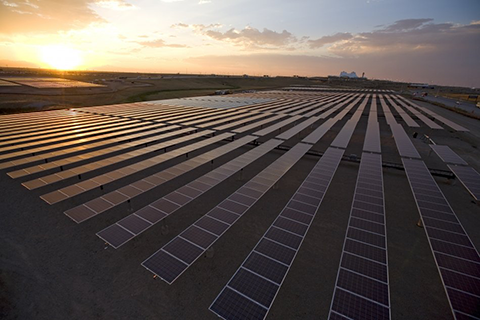
While we cannot stop global warming overnight, or even over the next several decades, we can slow the rate and limit the amount of global warming by reducing human emissions of heat-trapping gases and soot.
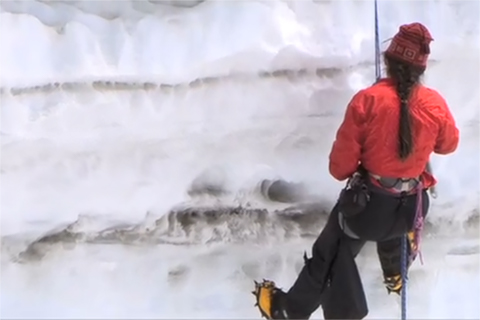
No. By a large majority, climate scientists agree that average global temperature today is warmer than in pre-industrial times, and that human activity is the primary contributing factor.
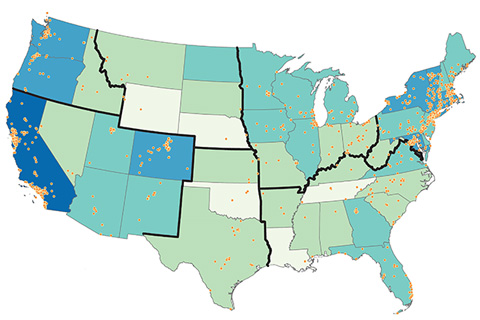
Cities and states across the U.S. already engage in emission mitigation activities. Continuing to reduce emissions will save thousands of lives and billions of dollars.
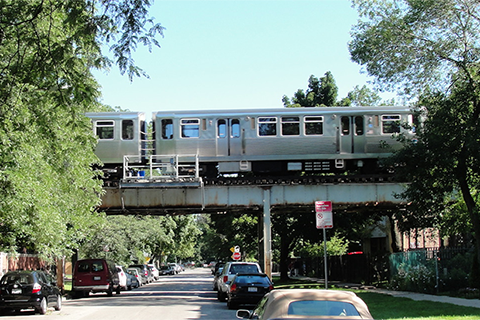
Trees within a city can help reduce urban heat, control stormwater, and provide habitat to local wildlife. As climate conditions change, a Chicago group is working to enhance the reilience of the city's urban forest.
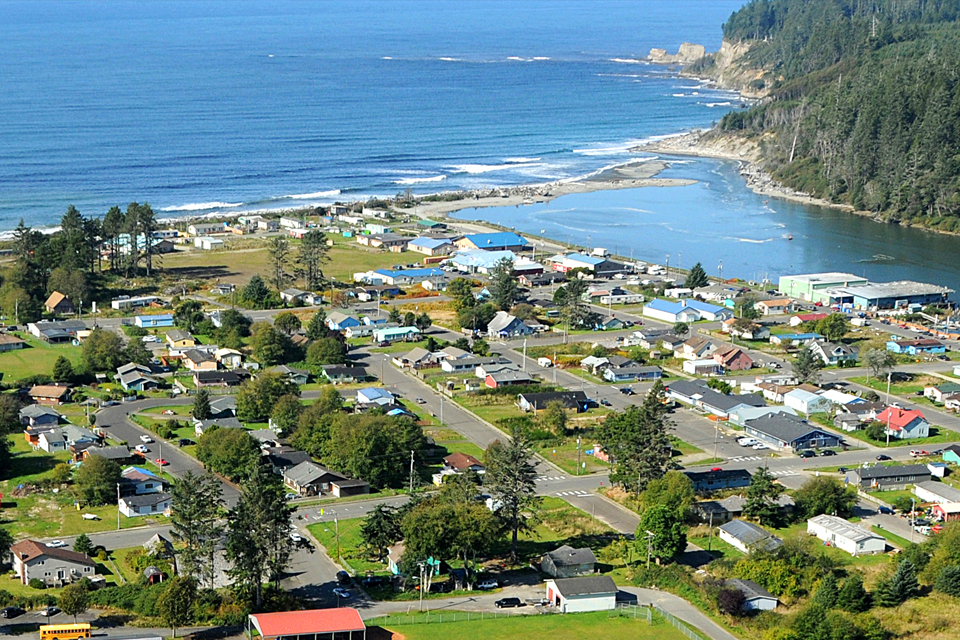
As the threats of tsunamis and sea level rise are joined by real and potential climate impacts, the Quinault community looks to move the lower village of Taholah to higher ground.
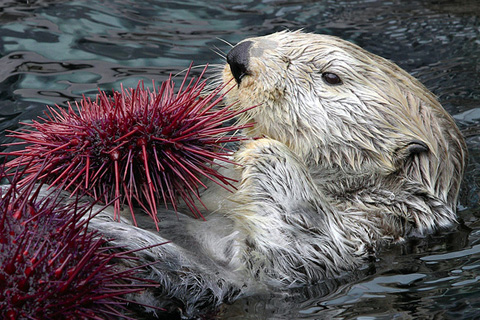
Restoring a healthy balance between sea otters and their sea urchin prey comes with a modest but meaningful bonus: halting the overgrazing of kelp forests and increasing their ability to remove excess carbon dioxide from the atmosphere.